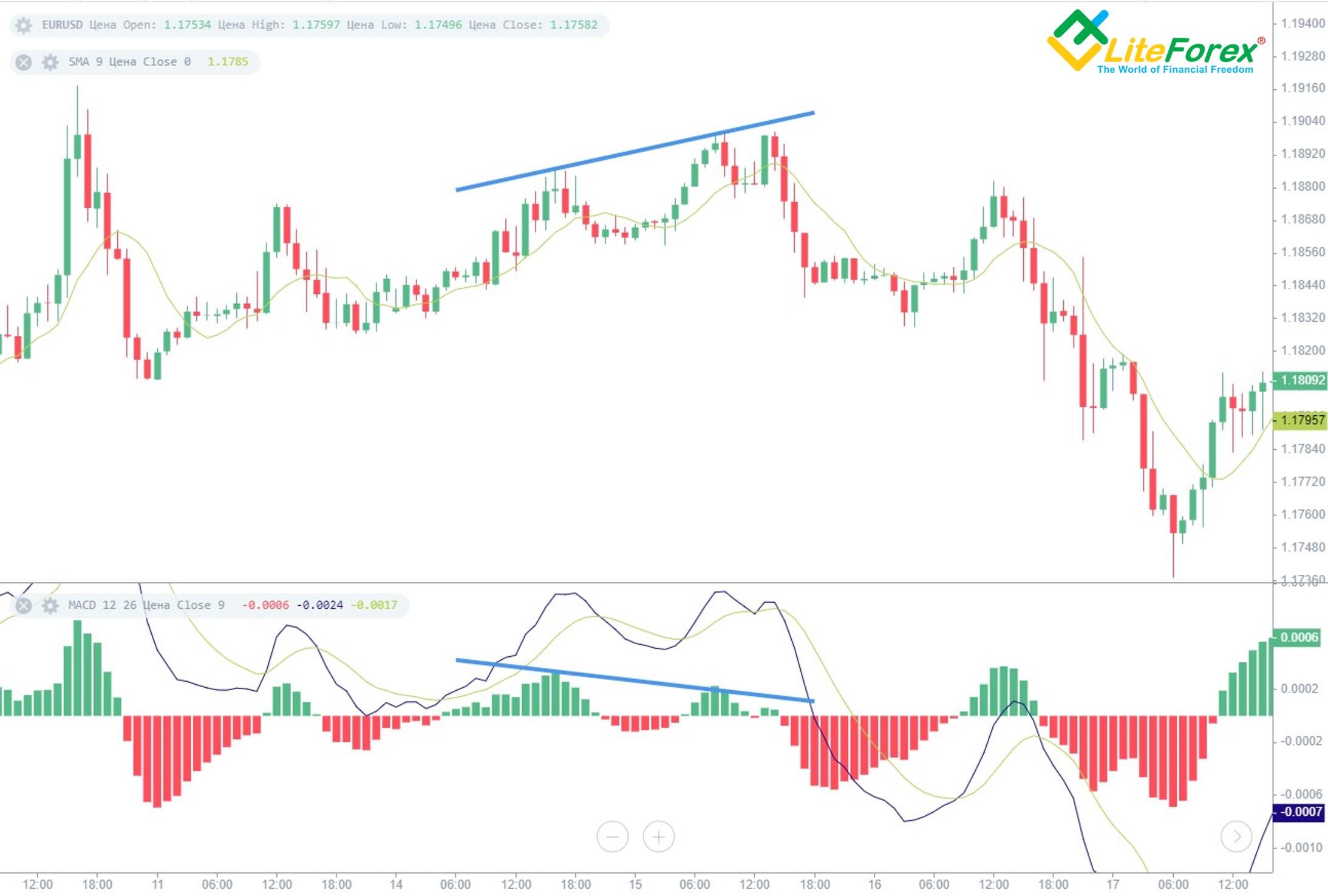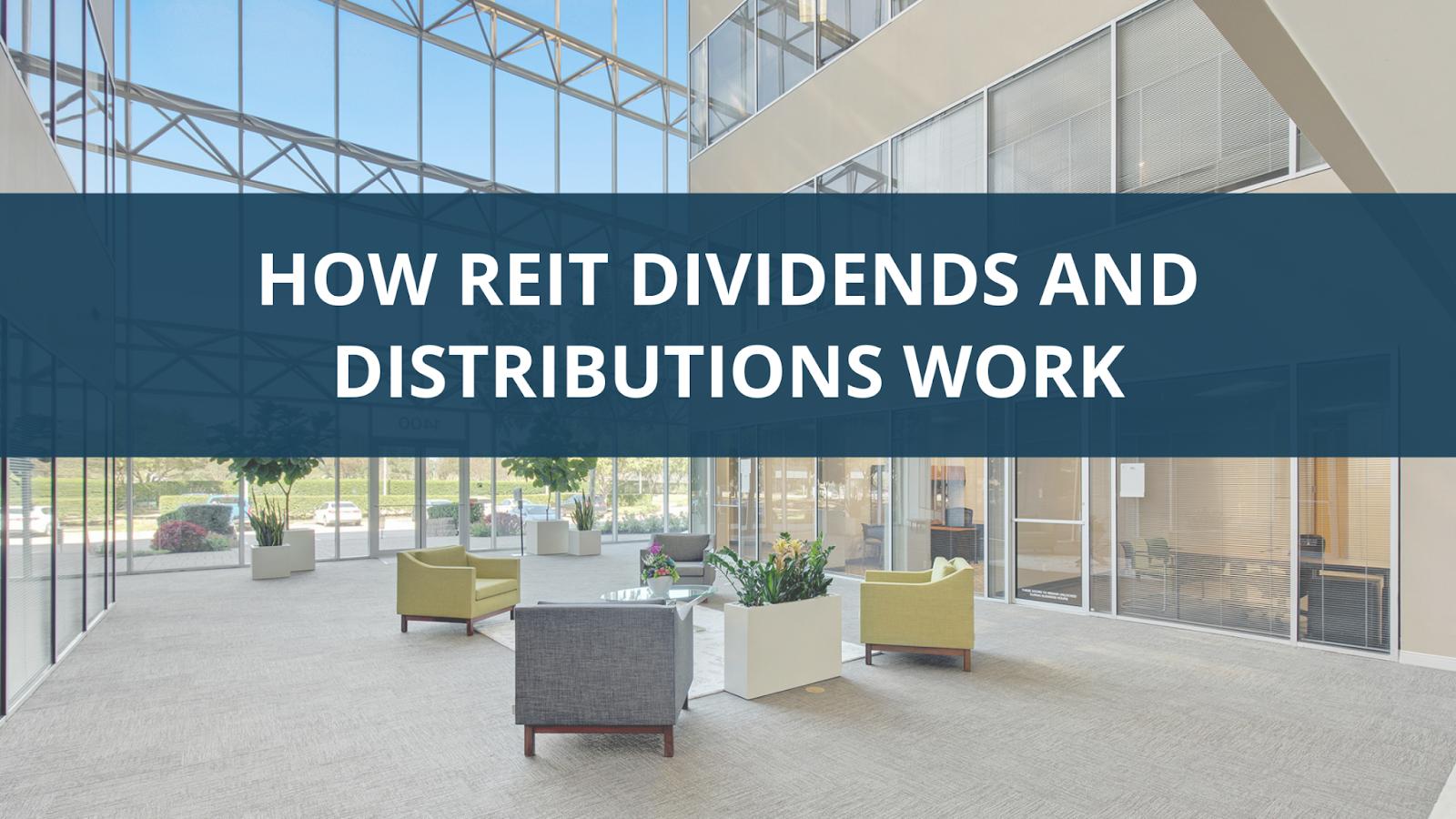
There are many outstanding monthly dividend stocks for you to consider. You should look at these five companies if you are looking to reap the compounding interest benefits. The recent dividend increase has allowed them to pay out dividends up to 25%. These companies each pay out a monthly share to shareholders. To learn more about each of them, read on. Here are some reasons that you might want to look into each company. You might be surprised by some of these!
Northland Power
Northland Power is an excellent Canadian dividend stock. Northland Power is a power company that owns a huge wind energy project in Taiwan, which can produce up to 1,044 megawatts. Canadian counterpart CT REIT (a solid monthly dividend stock) is also available. CT REIT leases Canadian Tire Corporation high-quality assets from Canada. The company has annual rental growth built into the long-term leases it holds, giving investors insight into Canadian Tire Corp's long-term plans.
Although it is a power and utility company, the company also has a variety of other businesses. The company has extensive experience operating and developing offshore wind farm. These companies offer high growth potential and strong dividend history. As more Canadians become interested in renewable energy, Northland Power shares could benefit from the trend. These stocks have outperformed all other stock markets in the past half decade. In fact, revenue and earnings have grown by 31% in just three years.

LTC Properties
LTC Properties has become one of the best monthly dividend stocks for income investors. Despite a recent decline in share prices, this property developer has been paying a steady dividend for many years. LTC Properties can still pay its dividend despite the recent decline in share prices. This is due to a low payout ratio. The company has also demonstrated that its management believes that the future is brighter than its recent past.
These monthly dividend stocks have several advantages over other types of dividend investments. Besides providing passive income, these companies can also provide you with exposure to niche sectors, while providing additional income stability. Dividend yields are calculated using the average monthly payout and the share price. CEF Connect gives you the expense ratio as well as discount/premium NAV. These two figures can be used to identify the top monthly dividend stocks.
Stag Industrial
STAG Industrial may be worth your consideration if it is possible to get a monthly payout. The company, which was founded less than a decade ago is focused on the acquisition of single-tenant industrial property. STAG has a keen eye on the e-commerce market and is well placed to prosper as industrial warehouse space demand continues to rise. Investors will also receive a handsome dividend yield.
Founded in 2010, STAG Industrial is a real estate investment trust (REIT) that focuses on single-tenant industrial properties. It owns 544 properties across forty states. These properties are leased out to 359 different businesses in various industries. It has a well-planned lease maturity schedule with a weighted average term of 4.9 year and a well-staggered lease expiration date. STAG Industrial is a great choice for monthly dividend investors because it offers a stable and reliable income stream.

Prospect Capital
This company provides small business owners loans with high interest rates. It also offers acquisition opportunities. This company targets middle-market enterprises with private equity financial backing. The company invests in a variety of industries and holds loan securitizations on more than 127 corporations. Its investment portfolio includes 39 different types of investments. Investors need to pay attention the company's net income. This could lead to a reduction in dividends.
Prospect Capital is a private equity and debt funding company. It invests between 100-2,000 employees in middle-market firms. It is the largest BDC with assets of $8.1 trillion. Prospect Capital is able serve these companies better than any other BDC because it has a limited competition. Prospect Capital's ability invest and source deals has helped it grow.
FAQ
What are the pros of investing through a Mutual Fund?
-
Low cost - purchasing shares directly from the company is expensive. Buying shares through a mutual fund is cheaper.
-
Diversification is a feature of most mutual funds that includes a variety securities. One type of security will lose value while others will increase in value.
-
Professional management – professional managers ensure that the fund only purchases securities that are suitable for its goals.
-
Liquidity- Mutual funds give you instant access to cash. You can withdraw your money at any time.
-
Tax efficiency- Mutual funds can be tax efficient. Because mutual funds are tax efficient, you don’t have to worry much about capital gains or loss until you decide to sell your shares.
-
There are no transaction fees - there are no commissions for selling or buying shares.
-
Mutual funds are simple to use. All you need is money and a bank card.
-
Flexibility: You can easily change your holdings without incurring additional charges.
-
Access to information - you can check out what is happening inside the fund and how well it performs.
-
Investment advice - ask questions and get the answers you need from the fund manager.
-
Security - know what kind of security your holdings are.
-
Control - you can control the way the fund makes its investment decisions.
-
Portfolio tracking - You can track the performance over time of your portfolio.
-
You can withdraw your money easily from the fund.
Disadvantages of investing through mutual funds:
-
Limited investment opportunities - mutual funds may not offer all investment opportunities.
-
High expense ratio: Brokerage fees, administrative fees, as well as operating expenses, are all expenses that come with owning a part of a mutual funds. These expenses will eat into your returns.
-
Lack of liquidity - many mutual fund do not accept deposits. They must be bought using cash. This limits the amount of money you can invest.
-
Poor customer support - customers cannot complain to a single person about issues with mutual funds. Instead, contact the broker, administrator, or salesperson of the mutual fund.
-
It is risky: If the fund goes under, you could lose all of your investments.
What's the difference between a broker or a financial advisor?
Brokers are specialists in the sale and purchase of stocks and other securities for individuals and companies. They manage all paperwork.
Financial advisors are experts in the field of personal finances. They use their expertise to help clients plan for retirement, prepare for emergencies, and achieve financial goals.
Banks, insurance companies and other institutions may employ financial advisors. They may also work as independent professionals for a fee.
It is a good idea to take courses in marketing, accounting and finance if your goal is to make a career out of the financial services industry. Also, it is important to understand about the different types available in investment.
What is a Mutual Fund?
Mutual funds are pools of money invested in securities. Mutual funds provide diversification, so all types of investments can be represented in the pool. This helps reduce risk.
Professional managers oversee the investment decisions of mutual funds. Some funds permit investors to manage the portfolios they own.
Most people choose mutual funds over individual stocks because they are easier to understand and less risky.
Statistics
- The S&P 500 has grown about 10.5% per year since its establishment in the 1920s. (investopedia.com)
- "If all of your money's in one stock, you could potentially lose 50% of it overnight," Moore says. (nerdwallet.com)
- Our focus on Main Street investors reflects the fact that American households own $38 trillion worth of equities, more than 59 percent of the U.S. equity market either directly or indirectly through mutual funds, retirement accounts, and other investments. (sec.gov)
- Even if you find talent for trading stocks, allocating more than 10% of your portfolio to an individual stock can expose your savings to too much volatility. (nerdwallet.com)
External Links
How To
How can I invest in bonds?
An investment fund is called a bond. You will be paid back at regular intervals despite low interest rates. You make money over time by this method.
There are several ways to invest in bonds:
-
Directly buying individual bonds.
-
Buying shares of a bond fund.
-
Investing through a broker or bank
-
Investing through an institution of finance
-
Investing with a pension plan
-
Directly invest with a stockbroker
-
Investing in a mutual-fund.
-
Investing in unit trusts
-
Investing using a life assurance policy
-
Investing in a private capital fund
-
Investing via an index-linked fund
-
Investing through a Hedge Fund